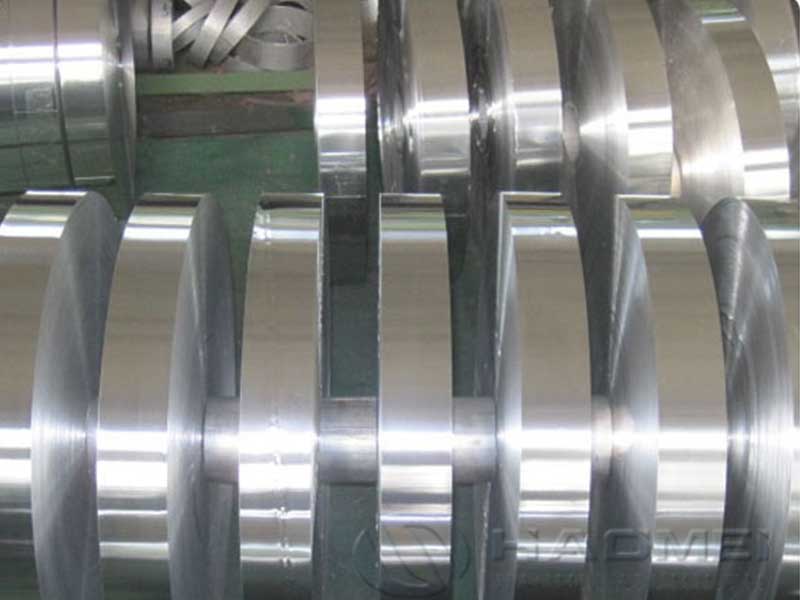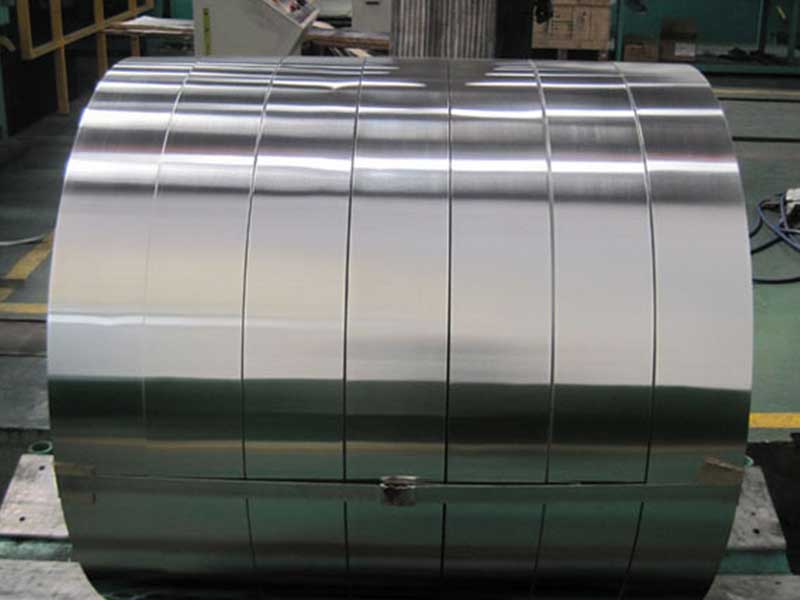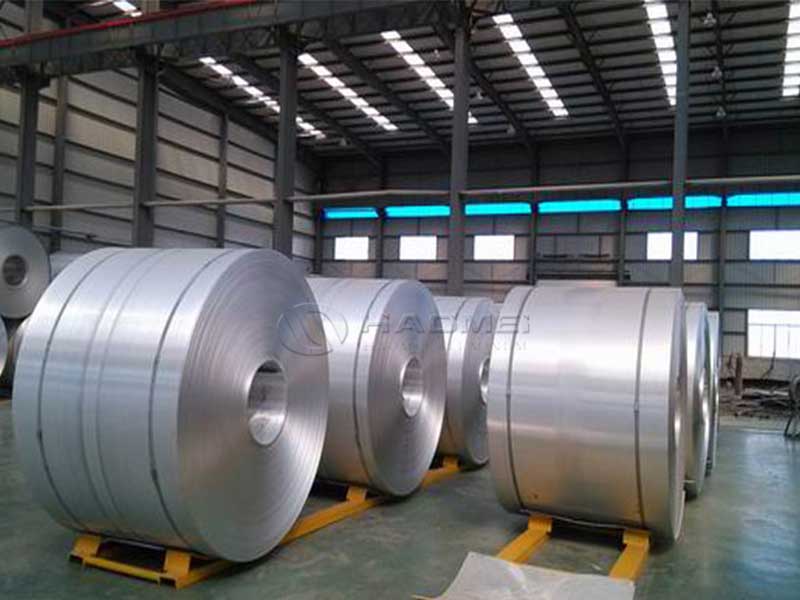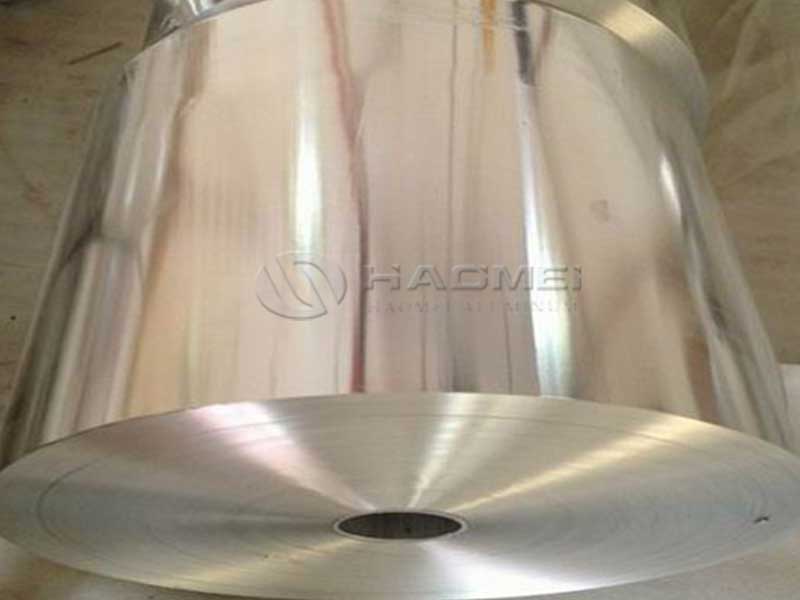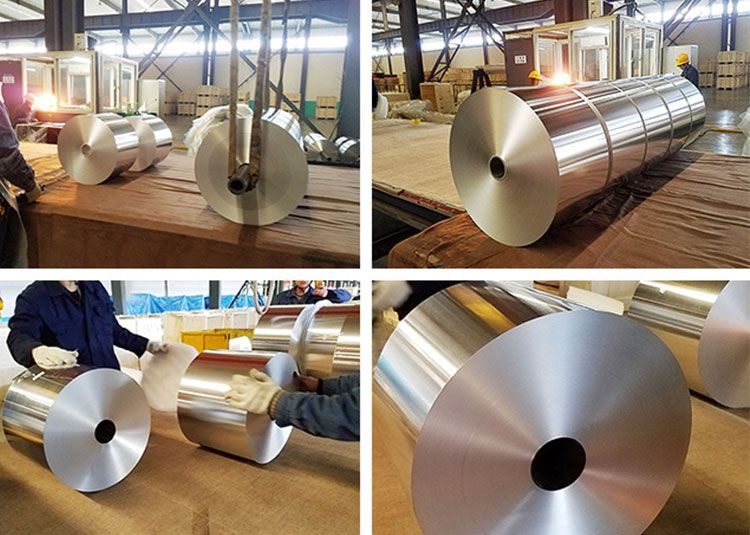In recent years, aluminum foil has emerged as a critical material in a variety of industries, particularly in the manufacturing of air filters and separators. Renowned for its lightweight, durable, and malleable properties, aluminum foil is revolutionizing the air filtration sector. Let’s delve into the features and applications of aluminum foil in air filters and separators and understand why this material is irreplaceable.
Features of Aluminum Foil for Air Filtration
-
Corrosion Resistance Aluminum foil exhibits impressive corrosion resistance, which makes it ideal for applications exposed to moisture and various environmental conditions. Unlike other materials that quickly degrade, aluminum foil retains its integrity, ensuring long-lasting functionality of air filters and separators.
-
Lightweight Design The lightweight nature of aluminum foil allows for easy installation and mobility of air filtration systems. This feature is crucial not only for residential air purifiers but also for industrial applications where weight limitations are a factor.
-
Excellent Thermal Conductivity Aluminum foil boasts remarkable thermal conductivity, allowing it to dissipate heat effectively. This property helps maintain operational efficiency in air filters and separators, ensuring that systems function well under varying temperatures.
-
Malleability and Formability Aluminum foil can be easily shaped and manipulated into diverse configurations and thicknesses. This flexibility caters to a wide range of filtration needs, thus broadening the design possibilities for manufacturers of air filters.
-
High Strength-to-Weight Ratio This material offers an impressive strength-to-weight ratio, providing durability without compromising structural integrity. This feature proves advantageous in the design of air filters and separators that must endure physical stress over time.
Applications of Aluminum Foil in Air Filters
-
HVAC Systems Aluminum foil plays an essential role in heating, ventilation, and air conditioning (HVAC) systems. Many HVAC filters utilize aluminum foil in their design to enhance airflow while effectively trapping airborne particles. With better durability and lightweight characteristics, they ensure consistent performance and ease of replacement.
-
Automotive Filters In the automotive industry, aluminum foil is frequently utilized in the design of engine air filters and compressors. Its properties help improve energy efficiency while ensuring that pollutants are effectively removed from the air entering the engine, leading to better air quality and performance.
-
Industrial Air Separators Aluminum foil is massively advantageous in industrial air separation processes. Its corrosion resistance and durability help separated systems function efficiently, meeting the high demands of polluted environments, thereby ensuring that safe, clean air is maintained.
-
Environmental Applications In environmental protection initiatives, aluminum foil can be found in various filtering devices aimed at reducing air pollution. Aligned with sustainability practices, these air filtration systems contribute to cleaner air in urban and industrial areas through advanced filtration techniques.
Why Choose Aluminum Foil for Air Filtering Solutions?
As the air quality becomes a growing concern globally, utilizing advanced materials such as aluminum foil can significantly enhance the effectiveness of air filters and separators. Its unique combination of features not only helps maintain necessary air purity levels but also increases the overall efficiency of filtration systems.
In summary, aluminum foil’s corrosion resistance, lightweight design, thermal conductivity, malleability, and high strength-to-weight ratio make it a go-to material for air filters and separators. Investing in cutting-edge air filtration technology using aluminum foil is investing in a healthier future.


